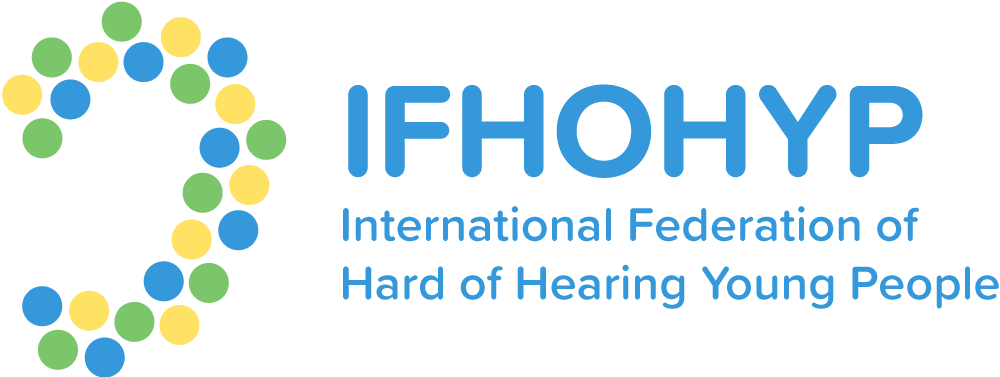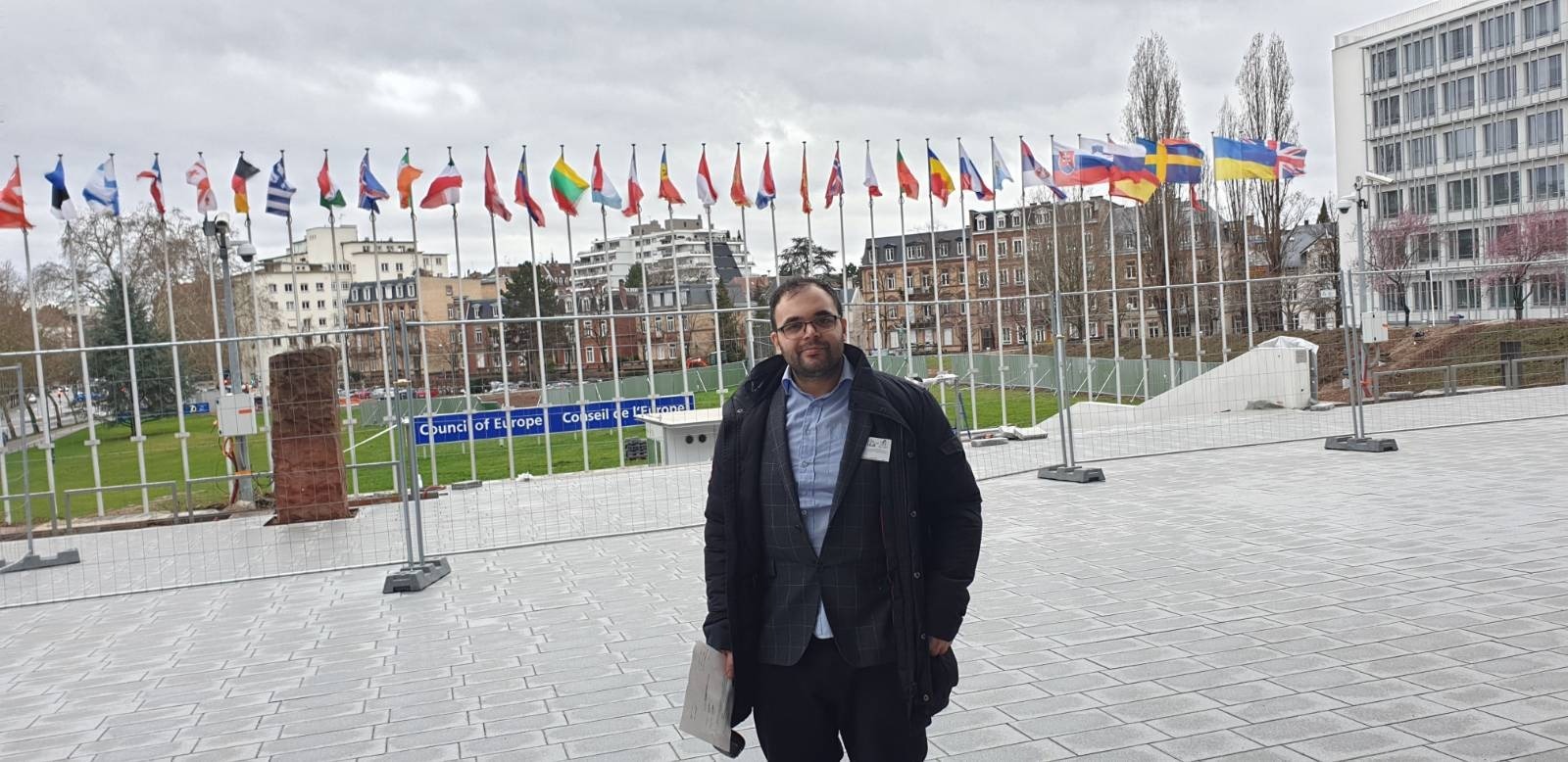All rise for the Honourable Judge! Your Honour, hereby we start the process of interviewing the special case of a man, who was born in Sweden and who has contributed a lot for the deaf community in this country. We’ve also heard (at least those of us who can still hear something, hehe!) that he is on the current Board of IFHOHYP. Before we get to the sentence, we need to have a closer look at the case records.
The Honour gives you, Kave Noori, a right to speak for yourself. Please reply for the following questions:
What is your biggest dream?
KAVE: I dream of becoming an expert/researcher in law working for a university or a human rights organization. I have a big passion for law as an academic subject. But I also see the practical benefit of using the law as a tool (i.e. human rights, anti-discrimination law) to help people with disabilities. I get even more excited when I can combine legal problem-solving with my passion for foreign languages and technology.
I will give you an example: I had observed that a team of Czech researchers had developed a prototype for smart glasses as a tool for hard of hearing. These are eyeglasses with a built-in computer, anything on the "computer screen" is shown on the lens of the glasses. The device has a microphone that picks up speech and a camera to detect faces. The microphone will pick up the speech of the persons you are interacting with and will present it as a subtitle stream attributed to the face of whoever spoke those words, directly in your field of vision.
When I took a course on legal aspects of Artificial Intelligence (AI), we had to write a short mini-thesis. My mini-thesis covered some legal issues related to the use of the smart glasses mentioned. I wanted to find out if a hard of hearing doctor working at a Swedish hospital can use such glasses when communicating with patients. This might sound like an easy task but quickly got complicated. The prototype was built on Google’s speech-to-text technology, which according to the researchers provides accurate speech recognition. Basically, the microphone picks up the spoken words and sends the audio over the internet to Google’s super computers that use a form of artificial intelligence called machine learning, to analyze the audio and then converts it to text that is sent back to your device. When reviewing Google’s terms of use, I discovered Google’s speech-to-text service is a global service, where Google makes no promises to localize the data (i.e. keep it in the EU), even in its commercial contracts. The data can be sent anywhere in the world where Google has data centers, thus exposing the data to be regulated by the laws of that country.
I did a small test which showed that when my computer tries to establish contact with Google’s speech-to-text service it contacts a computer in the U.S. This was sufficient for my thesis, as I would not have the time to study the laws of more than one foreign country where Google has a data center. The most exciting part of this was that I actually had to spend a lot of time studying and interpreting the U.S. legal order. I had to understand how privacy is protected under the U.S. constitution and secondly, regular law and under which circumstances law enforcement can assess it. I had to find the applicable and relevant rules and figure out what they mean in order to assess them and further analyze if Swedish rules on patient confidentiality and European privacy legislation would allow the doctor to use the glasses. The answer was totally dependent on how the U.S. legal system would protect that data and if it were sufficient to meet the Swedish and European legal requirements.
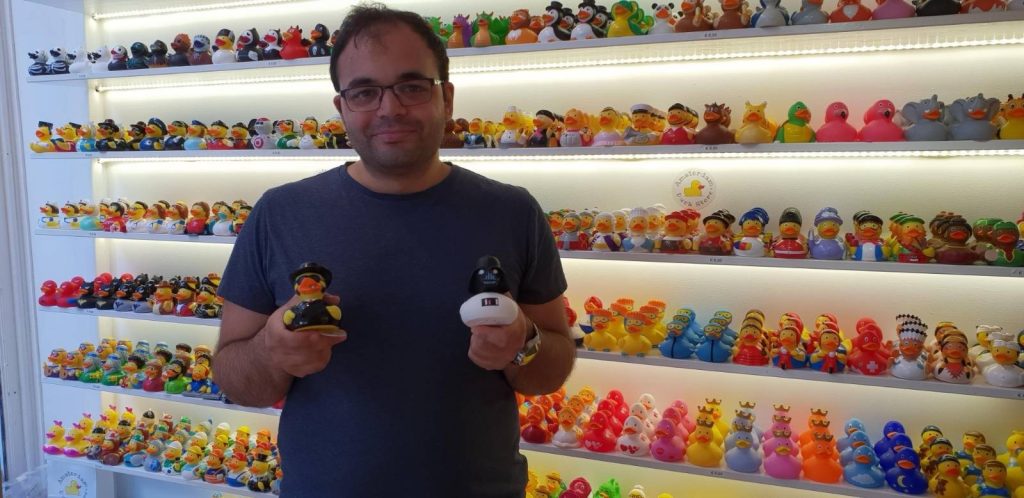
The investigation really pushed me to my limits. Firstly, I realized that knowing English is a good start, but it does not imply that you understand legal English. Secondly, there are fundamental differences in how the Swedish and U.S. legal systems approached and solves legal problems. When studying a foreign legal system, you cannot intuitively assume things about the foreign system. Everything in that legal system was created through a conscious thought process (i.e. based on a philosophy of justice, that your legal system might not necessarily be built on) or through a historical development of handling or viewing a problem in a certain way.
To summarize: I love to study other countries and their legal orders to see how they have solved a problem or organized a law. I’m very passionate about technology and I would like to work on projects that allow law, human rights and technology to intersect.
How did you enter into this mysterious hard of hearing/Deaf group?
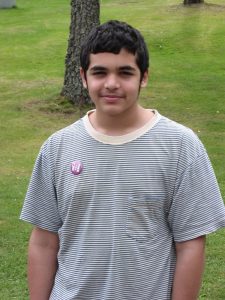
Another good question. I don’t have a hearing loss so how did I end up here?
When I was around 15/16 years old, I had a day where I was very sad. On this day I sat around for 15-18 hours and played Counter Strike (a shooting game) only taking short WC breaks. The muscles in my arm were greatly overworked and I had pain. I went to the doctor the next day, who told me that I must stop gaming and exercise these muscles, otherwise I will have pain every day for the rest of my life!
The doctor wanted to send me to the gym with an exercise program and I got scared. I had an acquaintance that was studying to become a sign language interpreter and seemed very passionate about it. Well, teenage Kave got the idea that learning sign language would be an easy way out. In learning sign language, I wouldn't have to go the gym and still get strong arms.
I signed up for an evening course in Swedish sign language, and really liked it. I was drawn to this lovely language. I studied sign language for 1-1/2 years on a hobby level, while having great difficulties with secondary school. When I was 18 years old, I had attended secondary school for two years, had switched school two times, and only passed 4-5 courses (you are supposed to complete 25 courses in 3 years to graduate). My salvation came when I found a secondary school with an interesting curriculum in a small town called Vänersborg, 400 km from Stockholm where me and my family lived. This secondary school had 800 hours of Swedish sign language for hearing persons, as part of its Social Science programme!
It was a big decision to move far away from family and friends, and people that cared about me were worried if this was really the right decision for this lost teenager. However, I seemed to have found the one thing that motivated me to complete my secondary school education and decided to do this anyway. I already had a previous experience from solving things in my own way when things didn’t work out. During my last years of elementary school (age 14-15), I did not fit in. Neither socially with friends nor academically. I often failed to complete my homework on time, be in class on time, etc. But, one thing I was able to achieve was to skip school for 3 weeks to study the EU-constitution during 9th grade and understood enough of it to hold 3 lectures for political youth clubs.
Switching secondary schools for the third time to Vänersborg turned out to be a good decision. It required a special arrangement with the school: I would only do 500 hours of sign language and I would have a slightly heavier study load than normal in order to catch up. I'm really thankful that this worked out. I was able to graduate after studying for two years at this school. After all I was able to complete secondary school in 4 years instead of 5, when you are supposed to do it in 3. During my time in Vänersborg, I had attended a sign language café organized by the Swedish Hard of Hearing organization, Unga Hörselskadade in a nearby city and had become a member on paper.
After graduating secondary school, I moved back to Stockholm and took a university course. I was again having a difficult time with my studies, but I saw that Unga Hörselskadade offered a course on study techniques for university students and thus decided to join. It is here that I made new friends and felt I had much in common with hard of hearing people. I also have tinnitus which UH counts as having a hearing issue, although not a hearing loss. But that’s not the reason I joined, it was to find a place to meet others who like to use sign language.
After a while I became involved in UH’s advocacy work. Understandably, they were a bit skeptical in the beginning. And I must be humble about the fact that most of our members have a hearing loss, which I don’t. With that in mind, my own issues of being sensitive to noise has drawn me closer to the HoH community.
It upsets me that HoH persons are denied access to education and employment to function on equal terms in society. I have met so many talented HoH persons who have not been given the chance to bloom into confident human beings. As long as HoH organizations think I can benefit their work, I’m more than happy to surrender time and energy to this important cause and further strengthening our HoH organizations.
I also consider myself as a friend to the deaf and sign language community of Sweden. I have worked for the Swedish Deaf Association of Sweden on two projects. Once in 2013 and most recently, in 2019 I had the honor of working as a consultant to write their shadow report. (I want to emphasize that this was unrelated to my volunteer work for UH). This shadow report emphasized the fact that] during 10 years the government had failed to change the law to fix grave dysfunctions in the Swedish public sign-language interpreter and palantypist services. When politicians met organizations for the deaf, HOH and persons with deaf blindness, they always asked how the problem should be fixed. The politicians were provided with a 130-page report, which detailed the problem and explained which legislative actions were required to be taken. One thing I enjoyed was being able to compare the interpretation systems in the Scandinavian countries, in particular making sense of formal Danish legal text.
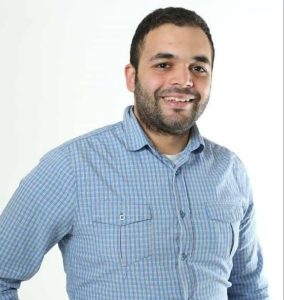
Your research about law, Google glasses (what a lesson about technology development!) and issues that exists while talking about human rights shows that you're doing a lot in order to gain more knowledge in this area. However, law sounds like a very theoretical area, while humans are quite unpredictable. How can you deal with the gaps in the space between Law and Life? Especially that you mentioned your A.I. course: what do you think about this question?
If we are talking about laws themselves, not research about law, it can be both concrete and abstract. It depends, especially laws related to crimes are required to be concrete because a normal person should be able to read the word of the law and understand that if I do drugs or take someone's life, I risk ending up in prison. The downside with concrete laws is that it can be difficult to apply to unforeseen situations (i.e. until the 80’s, Sweden had laws forbidding drunk driving, but then a train operator was found to be drunk, but the law only applied to road vehicles. Therefore, he could not be punished).
On the other hand, laws, especially laws on technology, but also anti-discrimination law are built on abstract principles. It can make it very difficult for an average person to understand. The reason is that if we had concrete laws, then new situations that the law maker could not anticipate when making the law, 10 or 20 years later will make these laws useless for protecting people from harm.
In classifying AirBnB as a hotel, it would go against most peoples’ definition of a hotel. But it would be helpful as this would enable the tax authority to collect tax from them or give consumers certain rights (I am just making this example up now).
200 years ago, we would have one paragraph regarding if you steal someone's sheep, one regarding if your dog hurts another farmers cows. Very clear rules for typical situations.
Fun fact: Sweden has a law from 1734 still in effect, one chapter regulates under which conditions you’re allowed to release pigs in a forest with acorn trees. (Yes, it is that specific xD)
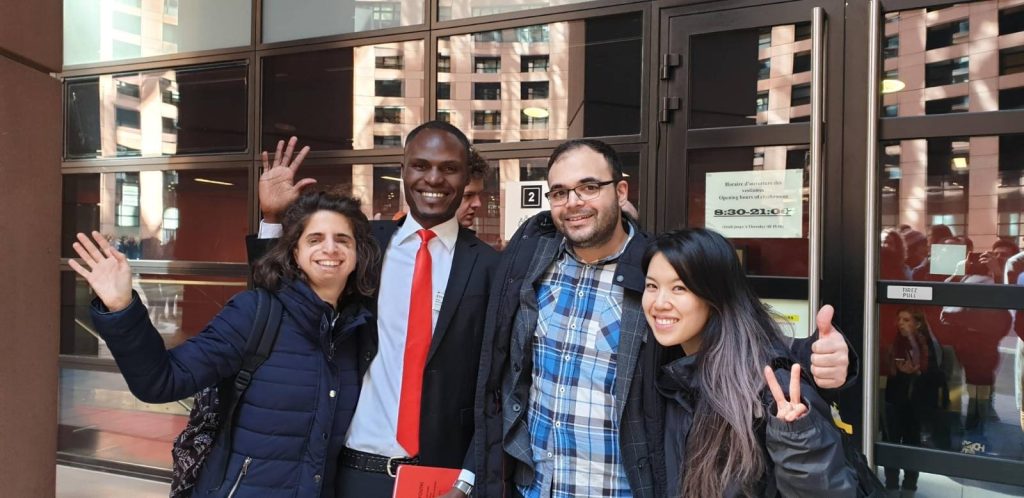
Does anyone have a dream to release a pig in a forest with acorn trees?! 😀 That would be a very interesting experience, to make a Great Liberation of a Pig…
The point is that as society gets more complex this style of law are replaced by abstract principles, by fitting the situations mentioned above into more abstract concepts of damage or theft of property. The purpose is to make sure the law fills its function in society in the sense that the law provides a reasonable way of solving a conflict, or how conflicting interests should be weighed (i.e. an employer’s right to hire the candidate they want most against the applicant’s right to not be discriminated). Another thing is that nobody would have total overview of the legal rules if we had concrete rules for every situation.
I think it is hard to avoid this. There needs to be clear information about the law and how it functions as everyone has the right to understand how the law works. But it is the same as with science, that for the public to be willing to finance research, they need to understand part of it. But, it’s not like everyone can just go online and understand a research report as presented to them.
There definitely needs to be a bridge between experts and the public who has the right to understand.
Yes, considering that we are all supposed to obey the law, it would be good to understand what and why we need to follow rules. Just to not get totally lost in the complicated maze of the law…
The Honourable Judge decides to take a break now in order to discuss and process all information above! All rise up again for the Judge! Please take a coffee and get some rest before we go to part 2 of this interview, where you will learn about juggling with fire, parachute jumping and what to do when the seagull attacks you… stay tuned!
